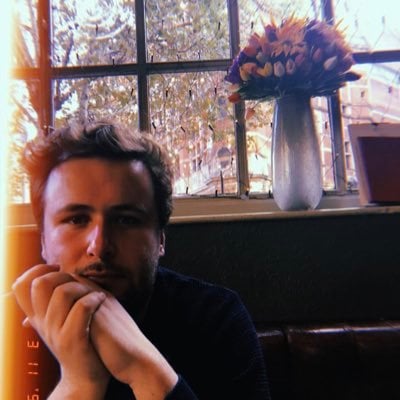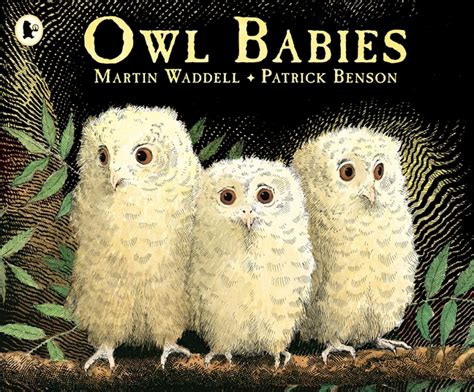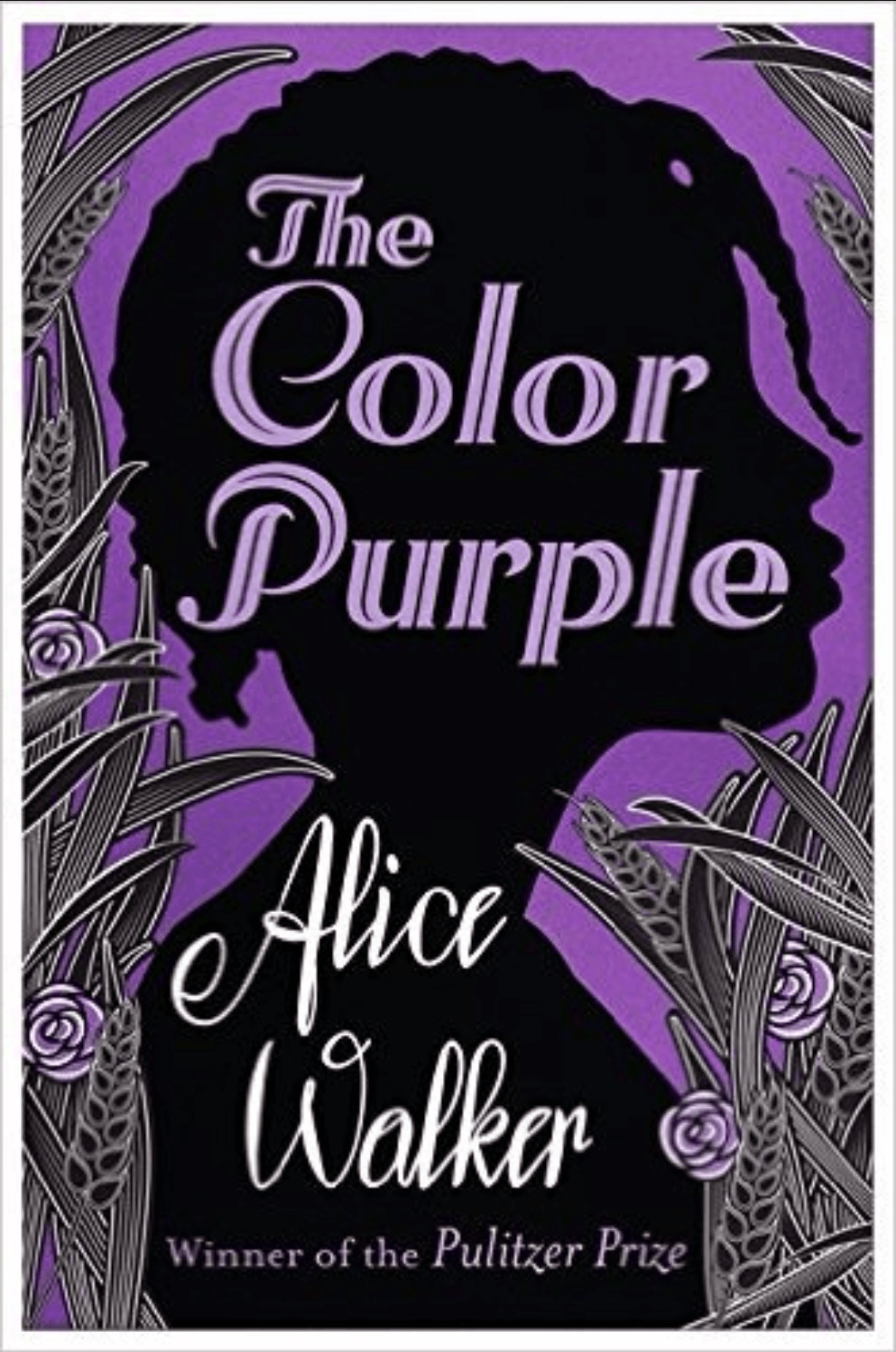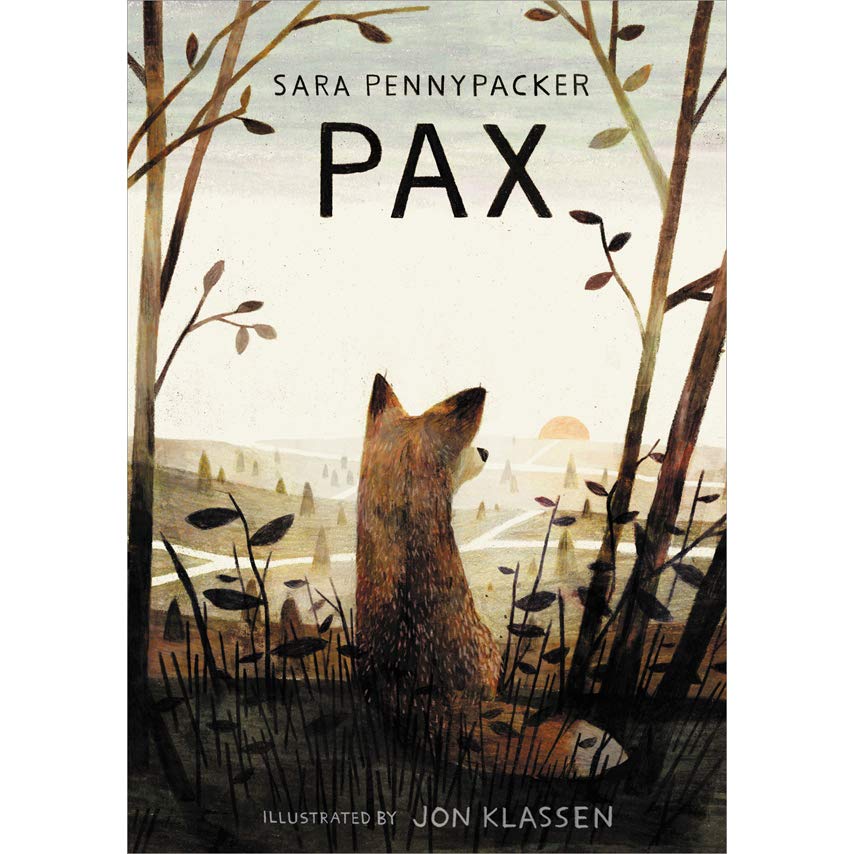The Reading Realm Blog Series: Educators doing extraordinary things
“In theory, books should be just a bunch of pages, bound together and stained with ink; in fact they are heartbreak, laughter, lands undiscovered, friends unknown; reading is life itself…”

Name: Tom Brassington
Twitter handle: @brassoteach
Link to blog/website: https://brassoteach.wordpress.com/
What is your current position?
Class teacher- Year 3. Performing Arts Lead and head of ‘Reading for Pleasure’ Have worked in Year 4, Year 6 and EYFS
When, how and why did you get into education? What did/do you want to achieve?
I trained through the Schools Direct scheme with the University of Nottingham beginning in September of 2014, spending most of my time in a local school in Derby.
From a young age I had wanted to be a teacher, initially I had been tempted with secondary, however I have always been inspired and learnt so much from the carefree and open-minded attitude of young children. Some would deem it naivety, but I think it’s the most positive way to view our world!
I guess I hoped when I began, that I would be able to help children discover and achieve their dreams (maybe I didn’t have that much difficulty with adopting a naïve world-view, after all!)
How do you feel the education landscape has changed since you started in your role?
As a relatively new teacher, I haven’t seen an awful lot of change. I guess one of the biggest shifts I’ve seen is in the focus to ensure teachers look after their mental health. There has been a great deal more talk of work/life balance and how to not find yourself lost in the job. I think this is a hugely important issue; teachers need to feel on their A-game to help their students achieve theirs!

What are your earliest memories of reading and writing?
My earliest memory of reading is my daily insistence on being read Owl Babies by Martin Waddell. I adored that book from such a young age and my whole family can recount it verbatim with little difficulty because of how much of an integral part of my early life it was. As for writing, my memories are a little sketchier. I remember writing a truly awful version of The Witches by Roald Dahl in primary school, fundamentally because I had been terrified by the stage show we had seen a couple of weeks earlier. It’s hard to write an accurate and interesting retelling when you spent the whole show with your eyes closed and every time the book was read, you placed your fingers into your ears! (I love the book now!)
How do you try and foster a love of reading in children?
Show them that you love reading too, talk about it! I have five rules for helping children to fall in love with reading.
Carve out time for storytelling. Whether that be a class read you ensure doesn’t get pushed aside when things get busy or allowing the children the chance to share their stories from a weekend. Give them the time to do it.
Get comfortable. Help them to listen, whatever that looks like.
Do the voices always. Even when you feel daft, do it. They love it; a simple change to your voice and their imaginations run wild.
Don’t skimp on the detail. Give them the whole book, even the longer, more complex sentences. Allow them to see that a story offers something different to the society they grow up in when everything is about scrolling and character limits!
Learn when to stop. Cliff-hangers. That moment when they scream, ‘Aww!’. That’s when you know you’ve got them.
What has been your most successful reading or writing lesson or activity with children?
We recently completed #TheGreenShipProject which was a local initiative to inspire writing through a success criteria-free fortnight and cross-curricular links. Our year 3 classes went head to head creating the best writing based on Quentin Blake’s beautiful book. ‘The Green Ship’. We soaked teachers, created storms, held debates, built ships, choreographed dance, learnt new vocab, presented our own weather reports and competed in competitions class vs class. As a result, the children wrote some fabulous pieces of instruction and descriptive writing.
What advice would you give to parents whose children say they don’t like reading?
Persevere. My brother (@jjbrassington) won’t mind me telling you that he didn’t love reading, in fact he despised it for a long time! My parents tried everything: novels, non-fiction, comics, magazines. At the time, it may have seemed to produce little fruit, but now he reads me under the table. I’m convinced the wide range of literature and the level of reading he accesses are down to my parent’s insistence on finding new things for him to try.
What books do you remember from your childhood? Do you have a favourite?
I adored the Series of Unfortunate Events books, I felt a part of the Baudelaire family and Count Olaf was such a dastardly villain. Lemony Snicket’s use of direct address and the sinister content were an absolute dream for me as a young boy.
Maybe my favourite was The Twits, I still love it now! Roald Dahl at his whimsical best with fantastically macabre themes; I fall for a little bit of darkness in a story every time!

What was the first book that made you cry?
The Color Purple by Alice Walker. Celie was completely different to me in every way. But those words painted a picture that meant when she gets to the realisation, ‘I’m pore, I’m black, I may be ugly and can’t cook, a voice say to everything listening. But I’m here,’ my heart broke for her. My admiration for her struggles and resilience was probably the first time I truly ‘got’ empathy. I am looking forward to seeing the musical version of the story later this year- the songwriters have used Alice Walker’s words very accurately in the lyrics of the show; its such a powerful score!
What authors did you dislike at first but grew into?
Dare I say it, borderline blasphemy…Michael Morpurgo. It wasn’t until I read Friend or Foe with a Year 6 class, and then subsequently re-read Private Peaceful after a difficult time with it at secondary school, that I truly came to fall for his beautiful prose. The fantastic character descriptions, the sweeping sentences that cast light on new worlds- for the first time I just got it. It was a lesson learnt for me not to write-off an author based on just one experience of reading their work.
What’s your favourite under-appreciated novel?
Pax by Sara Pennypacker. This book. Wow. I cannot sing it’s praises highly enough. I adore the way the book unpacks the theme of friendship. It has so many learning opportunities in the classroom too! Pennypacker broke my heart and restored my faith in the differences our actions can make, all at the same time.

Have you ever experienced reader’s block?
I go through phases of reading lots and then more sparodic stages when I have less motivation. It has been great to place an importance on modelling reading to my class which has encouraged me to do much more of it in the classroom!
It took me 4 attempts to get through the last Harry Potter book; I made the mistake of seeing the film first!
Are you drawn to a particular genre or type of book or do you read a variety of genres?
I think I’m varied in my choices. I enjoy books by Tim Keller and the Strike series by Robert Galbraith/ JK Rowling. Since I have become a teacher, my obsession with children’s literature has grown and grown: Benji Davies’ stories, the Little Women, Big Dreams books, Jess Butterworth and Maz Evans books are fantastic!
What book are you currently reading?
(I’m afraid I’m one of those weirdos who enjoys reading a few books at the same time!)
Adult book- Becoming by Michelle Obama
Children’s book- The Island at the End of Everything by Kiran Mill Haywood
Class reader- Varjak Paw by SF Said
Where’s your favourite place to read?
We have a big sofa in my conservatory, where I can lay down looking out of the window at the garden. Whether the middle of Summer with a G&T, or the middle of Winter wrapped in a blanket, it’s a comfy and calm space where I can get lost in the words.
Which three books would you recommend to primary school aged children and why?
Peter Pan by JM Barrie – quite simply, a classic.
The book with no pictures by B.J Novak – fantastic fun, the children enjoy even more every time you read it; a great book to read for a failed actor like me!
On Sudden Hill by Benji Davies and Linda Sarah – perhaps my favourite children’s book of all time. It captures the innocence of children, the frailty of friendship and the importance of honesty and unity in a world full of division and ego.
This slideshow requires JavaScript.
Finally: in one sentence, what does reading for pleasure mean to you?
In theory, books should be just a bunch of pages, bound together and stained with ink; in fact they are heartbreak, laughter, lands undiscovered, friends unknown; reading is life itself.

